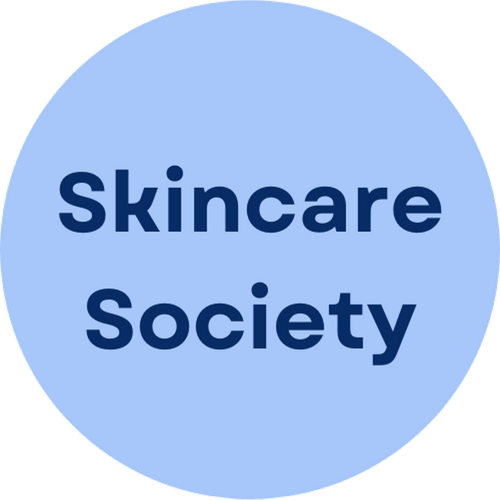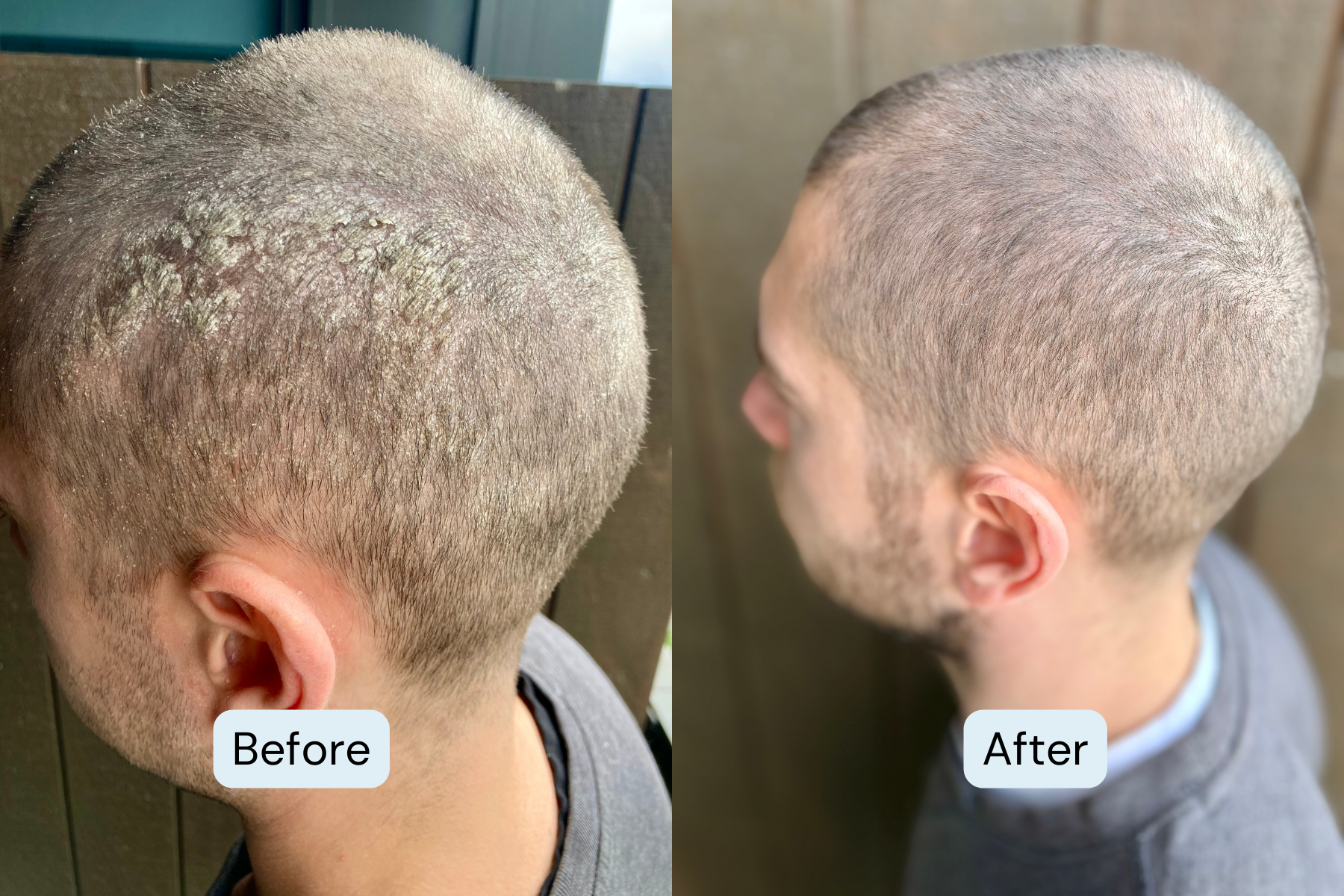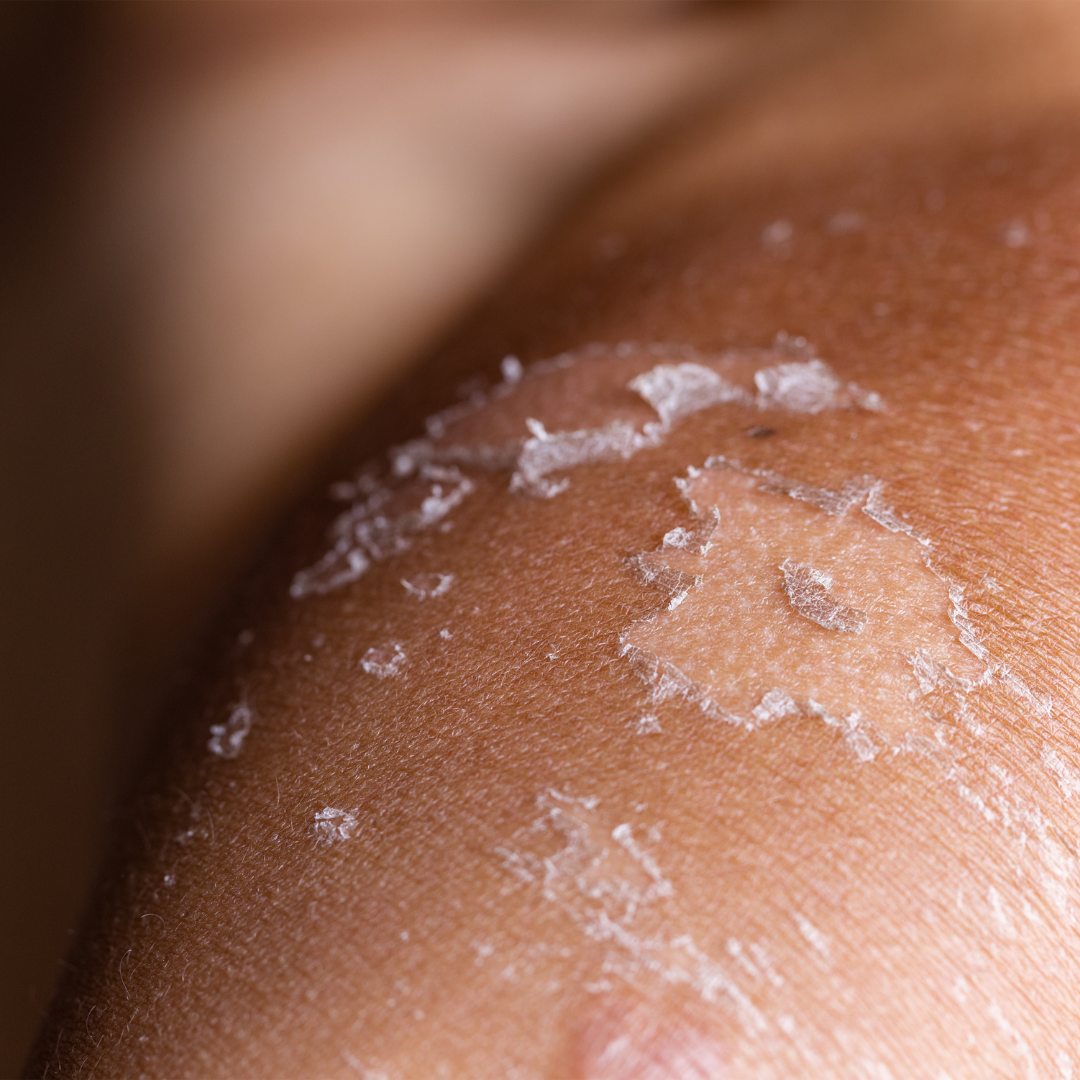Summer's right around the corner, and you know what that means—long sunny days, beach trips, and endless outdoor adventures. But as much as we love soaking up the sun, our skin needs a little extra care to keep up with the heat. Sunscreen is the first line of defence against harmful UV rays, but not all sunscreens are created equal.
While conventional options might offer sun protection, they often come loaded with a cocktail of toxic chemicals that can do more harm than good to both your skin and the environment.
But don't worry, there's a better way to keep your skin protected and glowing all summer long. Enter zinc-based tallow sunscreen—the natural, skin-loving alternative that shields you from the sun without compromising your health or the planet.
In today’s blog, we’ll be taking a look at how to protect your skin from harmful UV while steering clear of nasty sunscreen ingredients and what you should be using instead.

The Problem With Most Sunscreens
We all know sunscreen is a must, but did you know that many conventional sunscreens contain a cocktail of toxic chemicals?
Ingredients like oxybenzone, octinoxate, and homosalate are not just tough on your skin—they can also be absorbed into your bloodstream, causing potential harm.
Studies have shown that these chemicals can absorb into the skin, disrupting hormone function and leading to issues like reduced fertility and thyroid problems.
In 2021, the FDA, which keeps a close eye on sunscreen safety, took a deep dive into sunscreen ingredients. Out of the 16 ingredients they reviewed, only two—zinc oxide and titanium dioxide*—earned the title of “generally recognized as safe and effective”.
In the same year, the European Commission took a closer look at the safety of three commonly used non-mineral UV filters: oxybenzone, homosalate, and octocrylene. Their findings raised some red flags—specifically, homosalate and octocrylene were deemed unsafe at the levels commonly found in sunscreens.

Due to these safety concerns, the commission proposed new regulations to limit the allowed concentrations of these filters in sunscreens.
This move highlights the growing awareness and need for safer, more skin-friendly alternatives like zinc-based sunscreens, which offer effective sun protection without compromising your health.
*Some concerns have been raised regarding the safety of titanium dioxide, especially in spray form. For this reason, we only recommend zinc.
Let’s break it down:
- A whopping 63% of ingredients in the most popular sunscreens in Europe are classified as dangerous for human health and/or the environment. Yes, you read that right—more than half of the stuff in your typical sunscreen could be doing more harm than good.
- Some chemical UV filters have been linked to decreased birth weight and have even been detected in the bloodstream and urine. So when you think you’re just protecting your skin, these chemicals are sneaking their way into your body.
- To top it off, chemical UV filters have also been found in breast milk, and there’s evidence linking them to Hirschsprung’s disease, a serious digestive birth defect. It’s pretty clear that what you put on your skin doesn’t just stay on your skin.
Sunscreen that’s good for your skin?!?
Zinc oxide is amazing when it comes to sun protection, and it works in a completely different way from chemical sunscreens. Instead of absorbing UV rays like chemical filters, zinc oxide acts as a physical barrier on your skin, reflecting and scattering harmful UVA and UVB rays away from your body.

Unlike chemical filters, it doesn’t disrupt hormones or linger in your bloodstream. It's gentle enough for sensitive skin, yet powerful enough to provide broad-spectrum protection.
And the best part? It’s reef-safe, so you can enjoy the sun knowing you’re not harming marine life. With zinc-based sunscreens, you get effective, immediate protection without the risks.
Tallow & Zinc?
This traditional skincare ingredient is a powerhouse of nourishment, packed with vitamins A, D, E, and K. Not only that, tallow closely mimics the natural oils found in our skin, making it an excellent moisturiser that supports your skin’s natural barrier.
When combined with zinc oxide, tallow creates a sunscreen that’s not only effective but also nourishing and hydrating. It's the perfect blend for those looking for a sunscreen that does more than just protect—it also cares for your skin.
Zinc is not just great for sun protection; it’s also known for its anti-inflammatory and healing properties, making it a go-to for sensitive and acne-prone skin. So not only are you protecting yourself from harmful UV, you’re actually promoting healthy skin at the same time.
Combine this with tallow and you have the perfect sunscreen
4 Key Ingredients
With summer approaching fast and no good products in sight, we only had one option: to make our very own chemical-free sunscreen.
We combined 100% grass-fed tallow, organic jojoba oil, non-nano zinc and beeswax to create a sunscreen that not only protects from the sun, but nourishes your skin as well.

Why did we pick these ingredients?
- Tallow - Promotes collagen and deeply moisturises
- Jojoba oil - Antibacterial and rich in antioxidants
- Beeswax - Creates a barrier without clogging pores
- Zinc - Protects from UV, helps treat acne and reduces inflammation
You can learn more about our Tallow Beach Balm by clicking here.

Environmental Factor
It’s not just about protecting your skin—it's about protecting the planet.
Zinc-based sunscreens are recognized as reef-safe, unlike many chemical sunscreens that contribute to coral bleaching and harm marine life.
Places like Hawaii and Palau have even banned sunscreens containing chemicals like oxybenzone and octinoxate to safeguard their reefs.
By choosing a zinc-based tallow sunscreen, you’re making a choice that benefits not just your skin, but the environment too.



